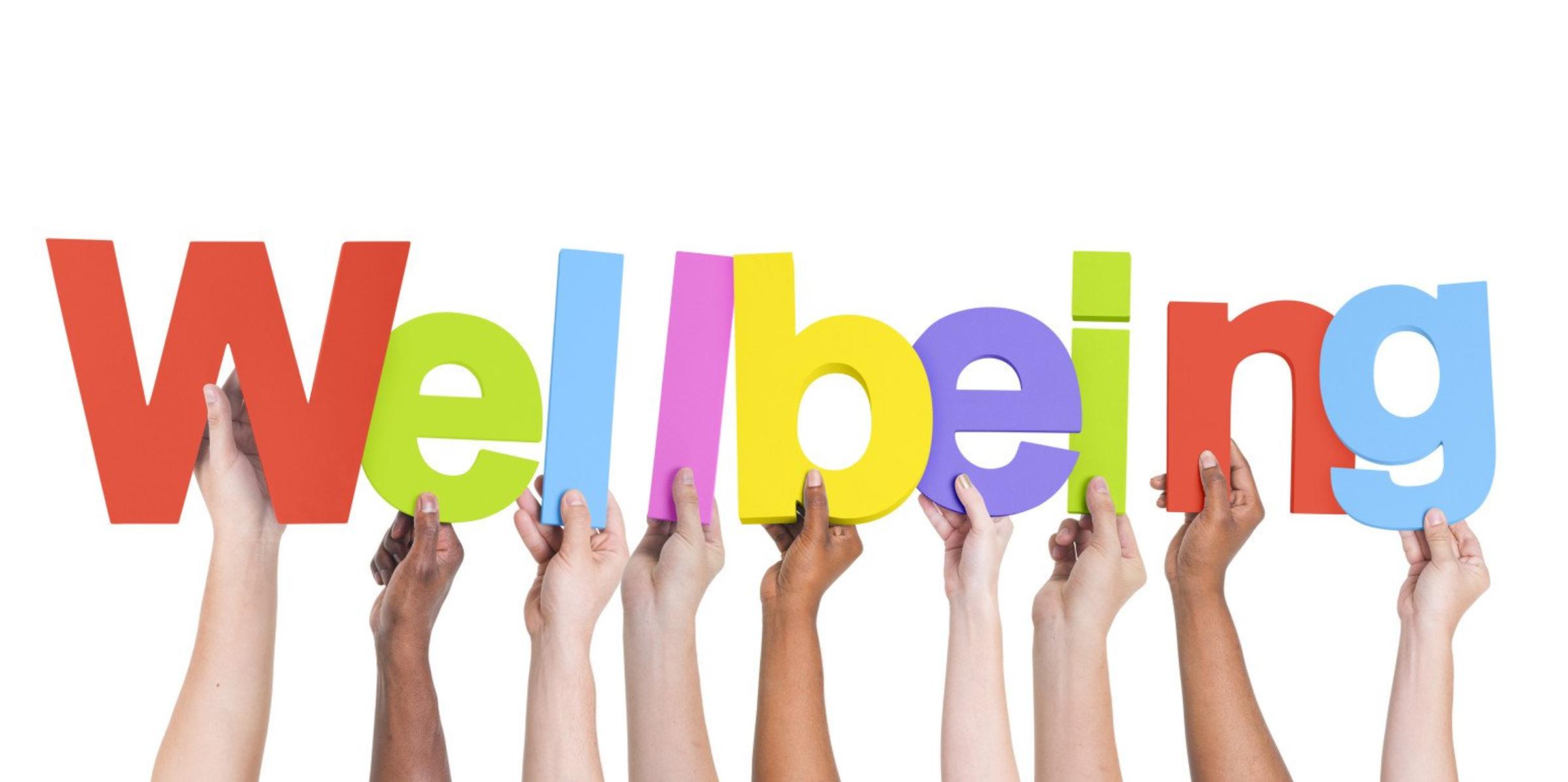Wellbeing

Emily Murcott
Wellbeing Literacy Leader
Acting Assistant Principal
RESPONSIBILITY
I had the opportunity to join grade 3/4 students and staff (and parent helpers - thankyou Jeanine, Kim and Jacinta!) this week. It was just amazing to see the students have so much fun, show resilience and at times be challenged on so many different levels and then pull through and feel so proud of themselves. I also saw so many students taking responsibility for themselves and others. Some students showed responsibility by looking after their personal items, keeping their cabin clean, picking up their friends hats and giving them back, making sure they had kept hydrated and apply sun cream, looking after equipment, and caring about their peers etc. the list could continue on!
As our school focusses on Responsibility, I had the opportunity to reflect on how my own children (16 and 14) act and show responsibility in their lives. Have I taught them to become responsible citizens? Or is this something I need to bring to the forefront of family home.
Responsibility means being dependable, making good choices, and taking accountability for your actions. A responsible citizen looks out for the well being of others and understands we all have a part to play in making the world a better place. For a five-year-old, responsibility might look like getting themselves ready for school in the morning, helping with specific household chores, or helping care for a pet – in other words, age-appropriate tasks that contribute to the well-being of their family.
Children as young as two can be "clean-up helpers," putting toys back into a bin or bringing you books to put back on the shelf. Using a simple phrase ("Clean-up time!") or song can help prompt children. Household jobs provide a great way to celebrate kids' growing abilities. For example, a two-year-old might be able to help you pull clothes out of the dryer, a three-year-old might sort clean laundry into piles by type and a four-year-old might fold their own pile and then put clothes away in the right drawers. Each time a child acquires a new skill, it's a chance to remind them that they are growing up: "When you were three, I helped you put napkins and silverware on the table. But now that you are five, you know how to set whole the table all by yourself!"
According to research, children who were asked to be "helpers" were significantly more responsive to requests than those who simply asked to "help." In other words, asking children, "Will you be a helper and clean up this room? " is more motivating to them than being told "Can you please clean up the room." Why? Children want to be viewed as helpers — it's an appealing idea nurtures their sense of independence and responsibility.
This is one way teachers engage students in our classroom. Most students thrive on showing that they are capable and can be responsible. They may be the tub monitor, the lunch order monitor, the visual timetable monitor, the student who hands out resources to their peers. They show that they can do these task, take responsibility, show their level of capability to their teacher and peers.
So how do you do this at home? My children made their lunches. They loved this as they got to pack from a snacks drawer two things they wanted to eat for that day. If I had to make their lunch, this meant I got to chose their snacks!
My children were taught to be responsible for their own clothes. They would help me by sorting the socks, to put clothes into the laundry (otherwise they didn't have clothes to wear), to unpack the laundry basket into their drawers (I'm still having issues with this so I now place the clothes directly onto their beds so they HAVE TO put them away!), and put their dishes in the dishwasher (otherwise we put them on their bed as a reminder to be responsible with things they have used!)
How are you making your child/ren responsible? Please point out to your child when they are showing responsibility. The more we use the word and talk about responsibility, the more they will understand and become responsible.
